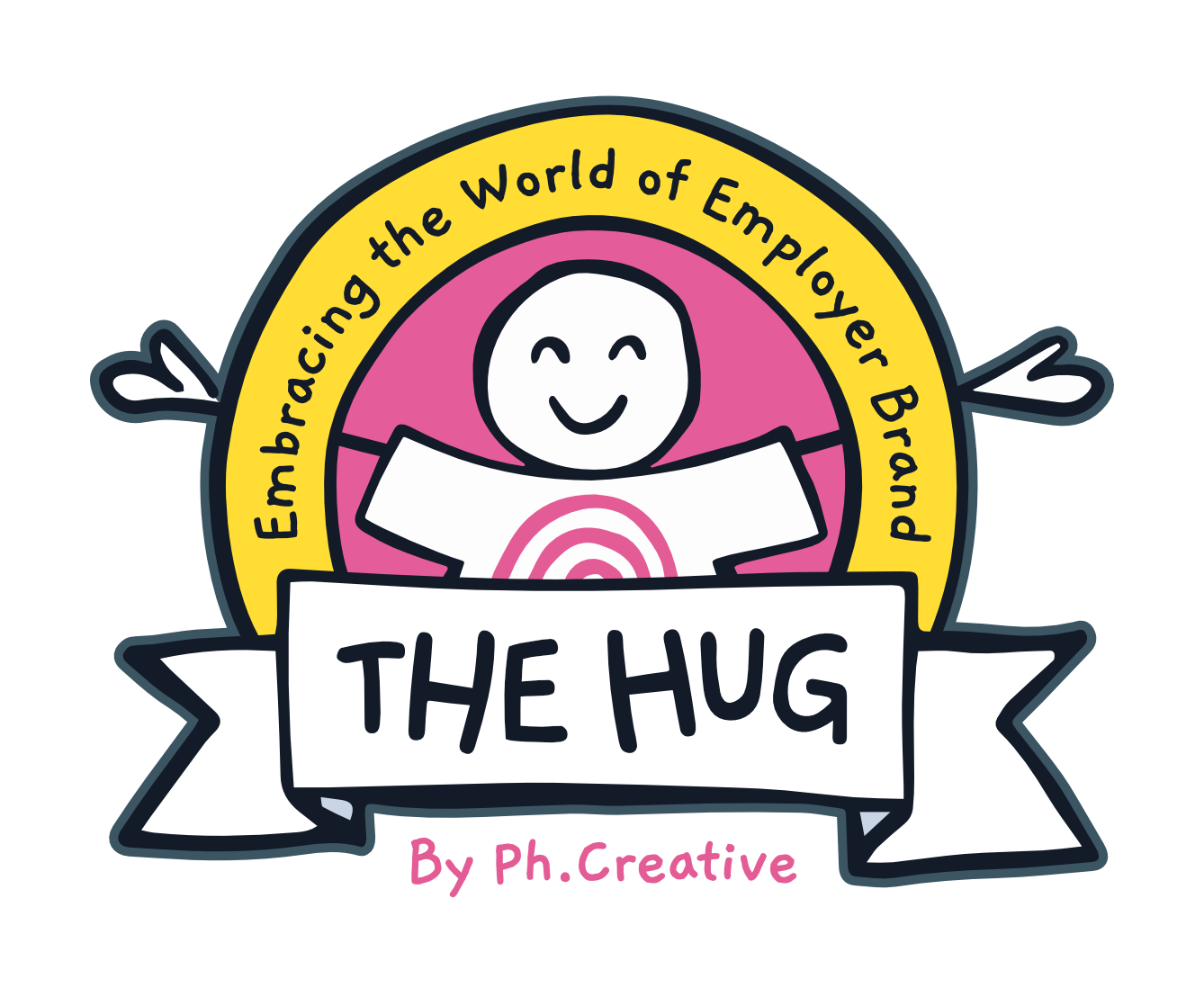Where tech and diversity meet
Part 3: Where tech and diversity meet
Ensuring there’s equal opportunity for anyone and everyone to apply to join your business isn’t just a nice thing to do. It makes great business sense to build a diverse and inclusive workforce, and by ensuring your careers website is fully accessible you’re giving yourself a better chance of doing just that.
It’s also necessary by law, as the United Nations puts it, not to ‘discriminate against persons with disabilities and to eliminate barriers towards the full enjoyment of their rights and their inclusion in society,’ in countries across the planet from A-Z. And without wanting to scare-monger, the number of lawsuits filed due to inaccessible websites is on the increase.
The video game ‘The Last Of Us, Part II’ has been acclaimed for being the most accessible game ever made. It allows for a multitude of accessibility options which allow those with sight impairments to outline the game’s characters in vivid colours, and for those that are hard of hearing to turn on direction arrows or subtitles to indicate where the sound is coming from. Even the control pad can be fully customised to help those with movement or mobility problems. The list of options is impressive and exhaustive, and the gameplay isn’t compromised in any way. Why am I telling you this? Because it’s important to bring the same inclusive approach to your careers website...

It’s called ‘best practice’ for a reason...
Make sure your site has been written, designed, and developed to be accessible. A great place to start is to get familiar with the World Wide Web Consortium Web Accessibility Initiative and the best practice that it advocates. Ensure your content is clear to read, clear to understand, and clear to act upon. Remove any barriers that will make it difficult to do any of those things and you’ll make yourself more attractive to a more diverse range of candidates.
Here are just a few things to keep in mind:
- Set the site up so that it’s screen-reader friendly. In a nutshell that means it can be translated via assistive technology into speech or Braille, for those with sight impairment
- Check that the site can be fully accessed, including filling in and submitting forms, just by using a keyboard. Not everyone can use a mouse or touchscreen
- Run your site through tools that help assess how they look to those with colourblindness, such as Chromatic Vision Simulator
- Make sure images have alt text included, so that their detail can be seen by screen readers that help the visually impaired
- If you have videos on your site, add captions for the hard of hearing
- Don’t forget that any downloads need to be accessible too
- If some of your content moves or only appears temporarily, make sure the user can control its appearance and has enough time to read it and take whatever action may be necessary
- If you’re using forms, label them comprehensively so that screen readers get all the information they need to direct the user
Also, consider such things as gender bias, tap targets, page loading speed, overall usability, legibility and practicality. Luckily, I can help you with those things. Just go to our free Job Page Grader tool. By simply running your job page through the tool you get a full audit of the performance of your page and a guide to making improvements.
I’ve mentioned Schema markup elsewhere in this series, and it’s vital for creating an accessible website. It helps search engines like Google understand the content and purpose of a website with much richer detail. Straight away that makes the site more accessible, and the best news is that schema is a massive help when it comes to SEO and your rankings. Because if Google can understand your content, your rankings get better.
Accessible doesn’t mean boring
You don’t need to choose accessibility over great design. It can’t be used as an excuse for a mundane, unengaging website. Work with the best practice and make it the bedrock of your design. Get creative. If a video game can be designed to be accessible and increases the numbers that play it, improves it’s creator’s reputation and delights users of all abilities and backgrounds, surely you can do the same for your careers website?
If you need any further support or guidance, get in touch and say hello. It would be great to hear if you’ve applied any of the tools mentioned, and how they’re working for you.
Sign up to our blog

Every other Thursday we share:
✔ One feature full of our freshest insights
✔ An expert hack you'll love to use
✔ The links you need now
+ other helpful bits for thousands of EB and TA pros just like you